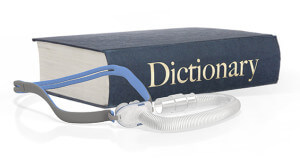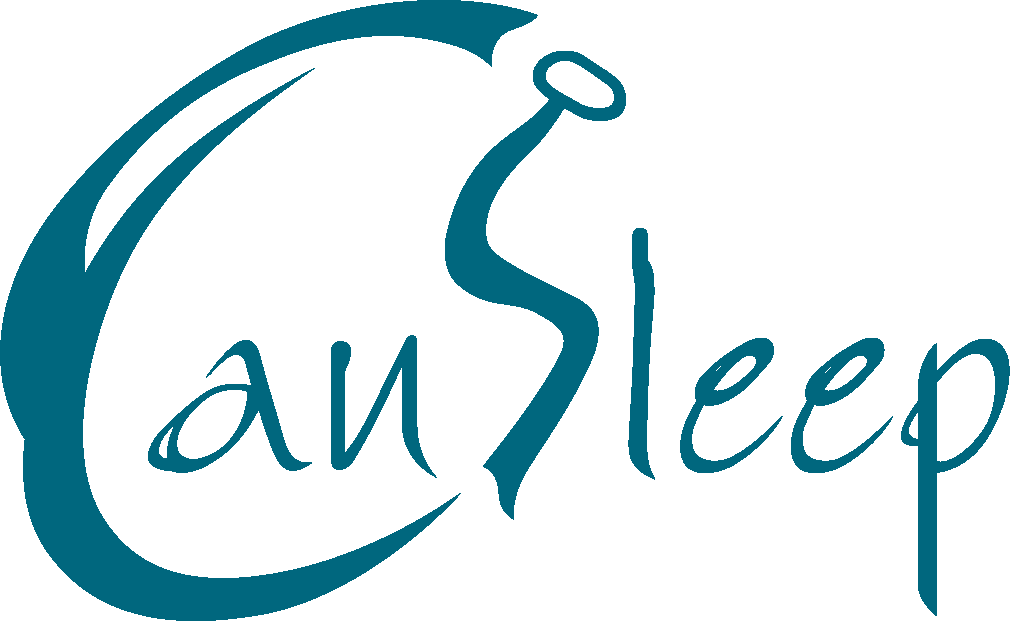Apnea-Hypopnea Index (AHI)
Feb. 16, 2016
Have you noted term AHI on your CPAP report and wondered what does it mean? Do you know what the normal range for AHI is? Do you know the reason why AHI may vary each night or why is it higher when you are taking a nap? If so, continue reading to get your answer.
It’s common for people using CPAP to still experience apneas while they sleep. CPAP, oral appliances and other sleep apnea treatment options are designed to reduce your AHI, but not necessarily eliminate them completely, since it’s normal for everyone to have up to four apneas an hour. The initial goal is to get AHI below 5. Keep in mind it may take a little time to reach to the target AHI if you’re new to CPAP or even trying a new mask. In some patients with severe sleep apnea a higher AHI is acceptable as long as they’re feeling more rested each morning and experiencing fewer symptoms. For example: for someone with initial AHI of 45, AHI of 8 with CPAP might be considered normal.
It’s common for AHI to vary from night to night.
It is also normal for people that take a half-hour nap to have higher AHI since Your AHI measures the number of apneas and hypopneas you experience per hour, not the total number. For example, if you nap for a half hour and have an AHI of 8, that means you only experienced four apneas which is still within the normal range.
There are three reasons that your AHI may rise. First is mask leak. If air is escaping your CPAP mask, you’re not getting all the air pressure needed to keep your airway open and as a result AHI rises. Second is consumption of alcohol, narcotics and drugs which increases obstruction and as a result AHI. Third is development of central or complex sleep apnea. In central sleep apnea, the brain is not telling your body to breathe. This is caused by a dysfunction in the central nervous system, not a physical obstruction, and requires a different type of machine and PAP therapy.
If your AHI was stable, but it is suddenly increasing over the past few weeks or months, you should book a follow up appointment at CanSleep.
By Bahareh Ezzati (BSc, CPhT, RRT)






